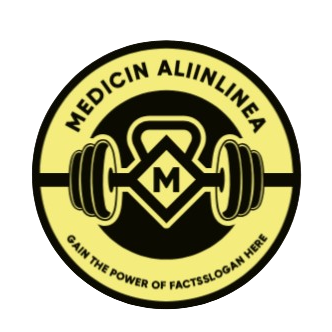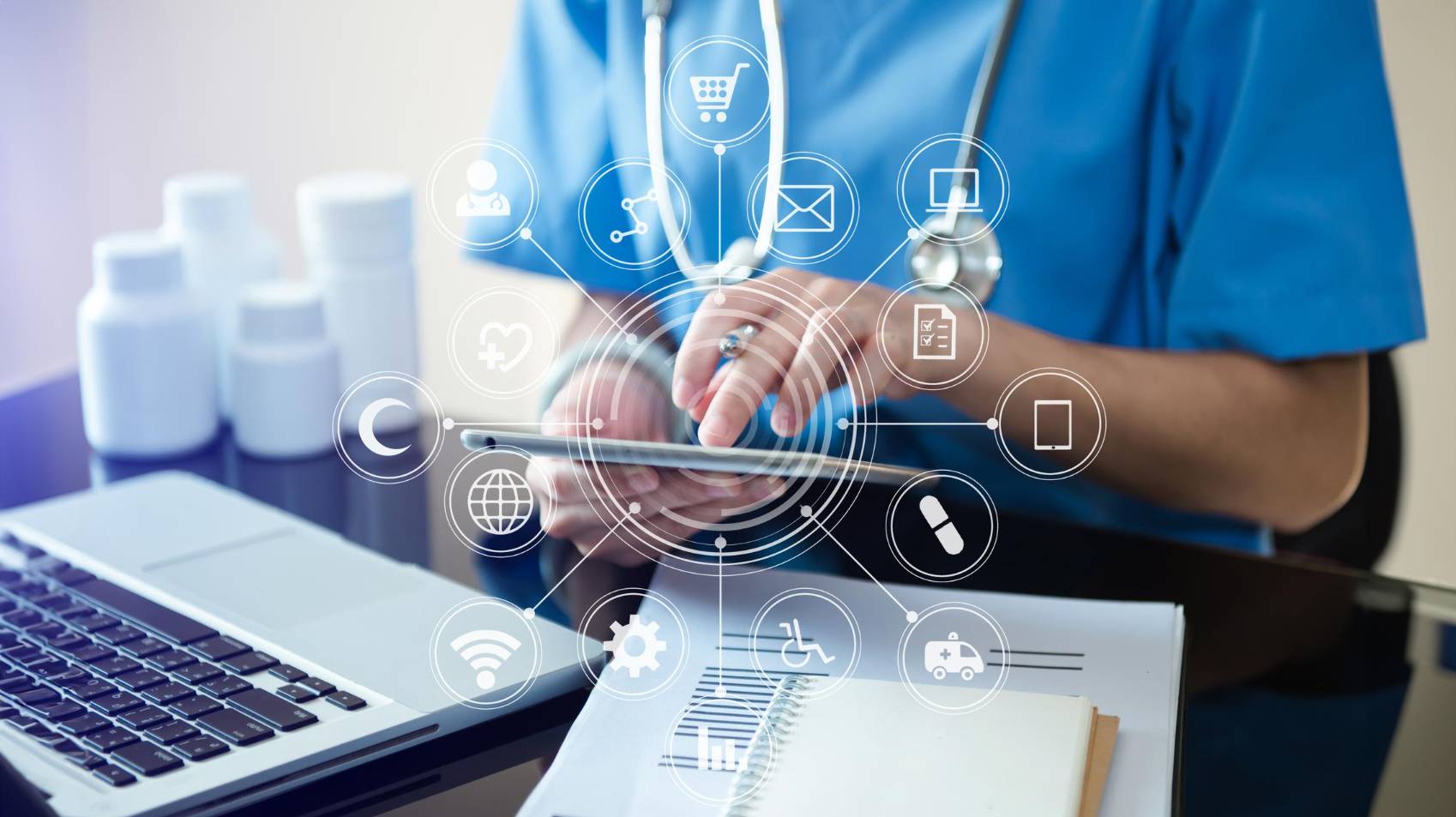Technology is rapidly transforming modern healthcare. A robotic bypass and remote monitoring innovations help patient care and result in achieving better outcomes. Robotic technology has revolutionized the field of surgeries, making them more precise and controlled while being minimally invasive. It will dissect the body section using robotic arms operated through a console which is controlled by surgeons’ hands, converting the hand movement of the surgeon into actions inside patients’ fingers.
Telemedicine
With video conferencing, phone calls, and online messaging, consulting with healthcare providers is made easier. Telemedicine improves access for those who reside in remote regions and can be particularly helpful with follow-up visits, and routine check-ups.
It lowers the possibility of contracting infectious diseases and eases pressure on medical establishments. Telemedicine plays an important role in the technology-assisted development of health care and continues to provide increased patient access and convenience.
AI & ML in Healthcare
Artificial Intelligence and Machine Learning are reshaping and revolutionizing healthcare, increasing the efficacy of diagnostic accuracy treatment planning, and personalized medicine. Artificial Intelligence uses machine learning algorithms of medical data to recognize patterns and forecast the diagnosis or treatment.
AI-assisted imaging tools accurately detect anomalies in X-rays and MRIs that may have been missed by the human eye. Additionally, ML models predict patient outcomes and optimize treatment plans effectively. These technologies help them work smarter and give more patient-centric and effective care.
Remote Monitoring
Healthcare providers can monitor the health data of patients in real-time, especially for chronic diseases such as diabetes, hypertension, or heart disease through remote monitoring technology.
Tools like glucose monitors send data to cardiologists or GPs on a server and provide continuous reading without the requirement for acute visits. This technology assists with modifying treatment plans, and predicting upcoming complications quickly, resulting in better outcomes.
Wearable Health Technology
Wearable technology like fitness trackers and Smart watches has become the modern trend to monitor heart rate, measure blood oxygen levels, and identify time spent engaged in physical activity or sleep. It provides additional capabilities such as ECG monitoring and blood glucose tracking for diagnosing or managing health conditions.
Integration of wearable technologies with healthcare systems and their ability to provide more precise and comprehensive data enhance their utility in personal health management.
Personalized medicine has reshaped the healthcare industry in the modern world by providing customized treatment approaches based on the patient’s needs. Whether it is robotics, telemedicine, or AI, these innovations are improving diagnosis rates, positive treatment outcomes, and improve overall patient experience.

